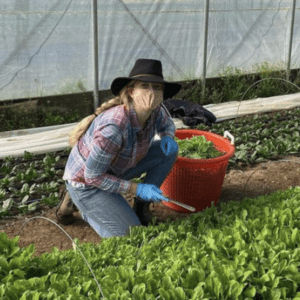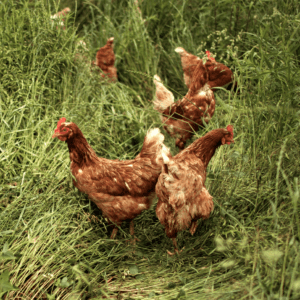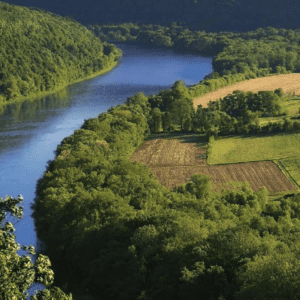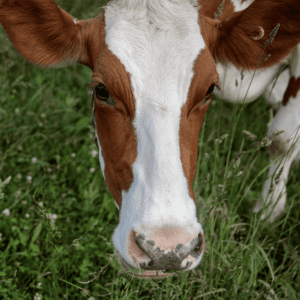We analyze farmers’ data to identify insights and offer practical solutions for improving and protecting ecosystems, natural resources, and public health.
Among our multitude of studies, we facilitate the largest and most diverse community soil science project in the nation. We also conducted the most comprehensive review of direct-market vegetable farm finances to date.
 Initial forecasts predicted severe financial losses for small and midsized farmers as the COVID-19 pandemic disrupted usual market channels nationwide. Early reports both confirmed and challenged these fears, as some farmers could not find new markets while others established or expanded their direct-to-consumer sales to replace their lost outlets.
Initial forecasts predicted severe financial losses for small and midsized farmers as the COVID-19 pandemic disrupted usual market channels nationwide. Early reports both confirmed and challenged these fears, as some farmers could not find new markets while others established or expanded their direct-to-consumer sales to replace their lost outlets.
To understand the impact of the pandemic on Pennsylvania farmers across the entire 2020 growing season, we partnered with Chatham University to survey farmers and performed interviews with a subset of these farmers. Findings from the study were published in the Journal of Agriculture Food Systems and Community Development.
 Raising animals outdoors on deep-rooted, perennial pastures can have significant benefits for the environment, animal welfare, and human health.
Raising animals outdoors on deep-rooted, perennial pastures can have significant benefits for the environment, animal welfare, and human health.
Yet, today, pastured meat remains a niche market. It’s estimated that less than 5% of the 32 million beef cattle, 5% of the 121 million hogs, and 0.01% of the 9 billion broilers produced in the U.S. in 2017 were raised and finished on pasture. What would it take to make pastured systems the mainstream model of animal agriculture? And how might scaling up affect land use and the environment?
 Can agriculture transition from a major source of water pollution to a major force for improving water quality and, in turn, for protecting human and environmental health?
Can agriculture transition from a major source of water pollution to a major force for improving water quality and, in turn, for protecting human and environmental health?
Our report explores how agriculture has the potential to either degrade and deplete, or protect and enrich, our shared water resources.
By understanding the connections between specific farming practices and water quality and quantity, farmers, communities, and government agencies can more effectively work together to nurture a cleaner, more abundant water supply and a healthier, more secure food system.
 Demand for grass-based dairy production, which relies heavily on grazing and use of forage crops, is growing. We evaluated the environmental footprints of all-grass, grass supplemented with grain, and confinement dairy production systems in the temperate climate of the northeastern U.S.
Demand for grass-based dairy production, which relies heavily on grazing and use of forage crops, is growing. We evaluated the environmental footprints of all-grass, grass supplemented with grain, and confinement dairy production systems in the temperate climate of the northeastern U.S.
This study was conducted in collaboration with the USDA Agricultural Research Service. Findings were published in the science journal Agricultural Systems.
 They say “what gets measured, gets managed.” Given that there is a lot to manage on a working farm, effective record-keeping tools are essential to the success of any farm business.
They say “what gets measured, gets managed.” Given that there is a lot to manage on a working farm, effective record-keeping tools are essential to the success of any farm business.
FarmOS is a free, flexible, and powerful web-based tool for managing farm records for everything from crop planning, to pest management, to livestock inventories. We’re collaborating with farmOS to help farmers capture and share valuable data with their peers to improve sustainable practices on farms.